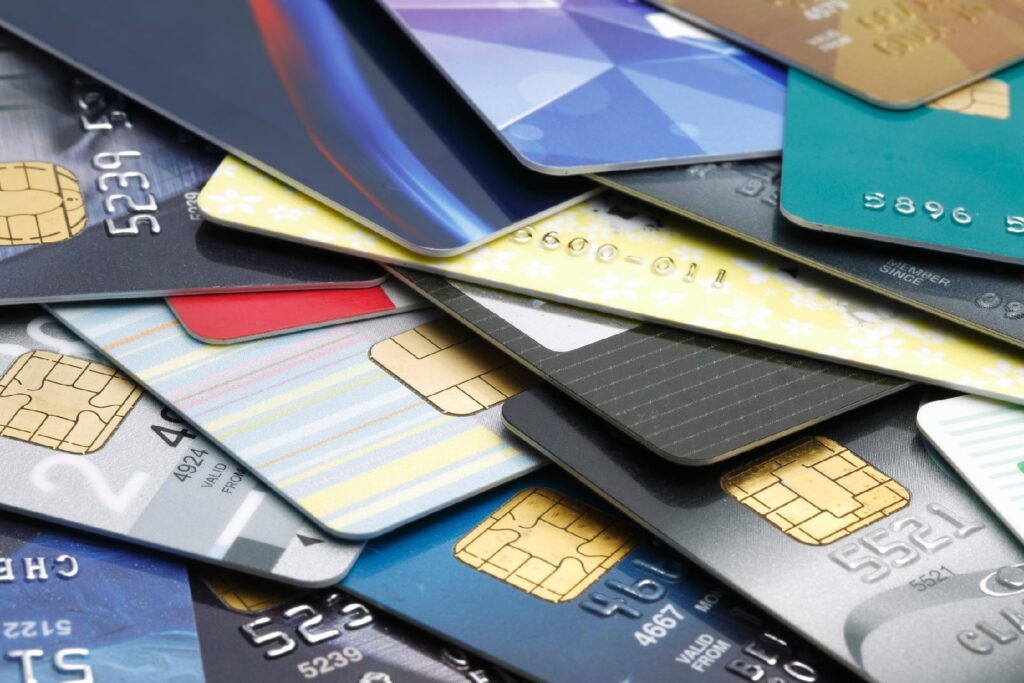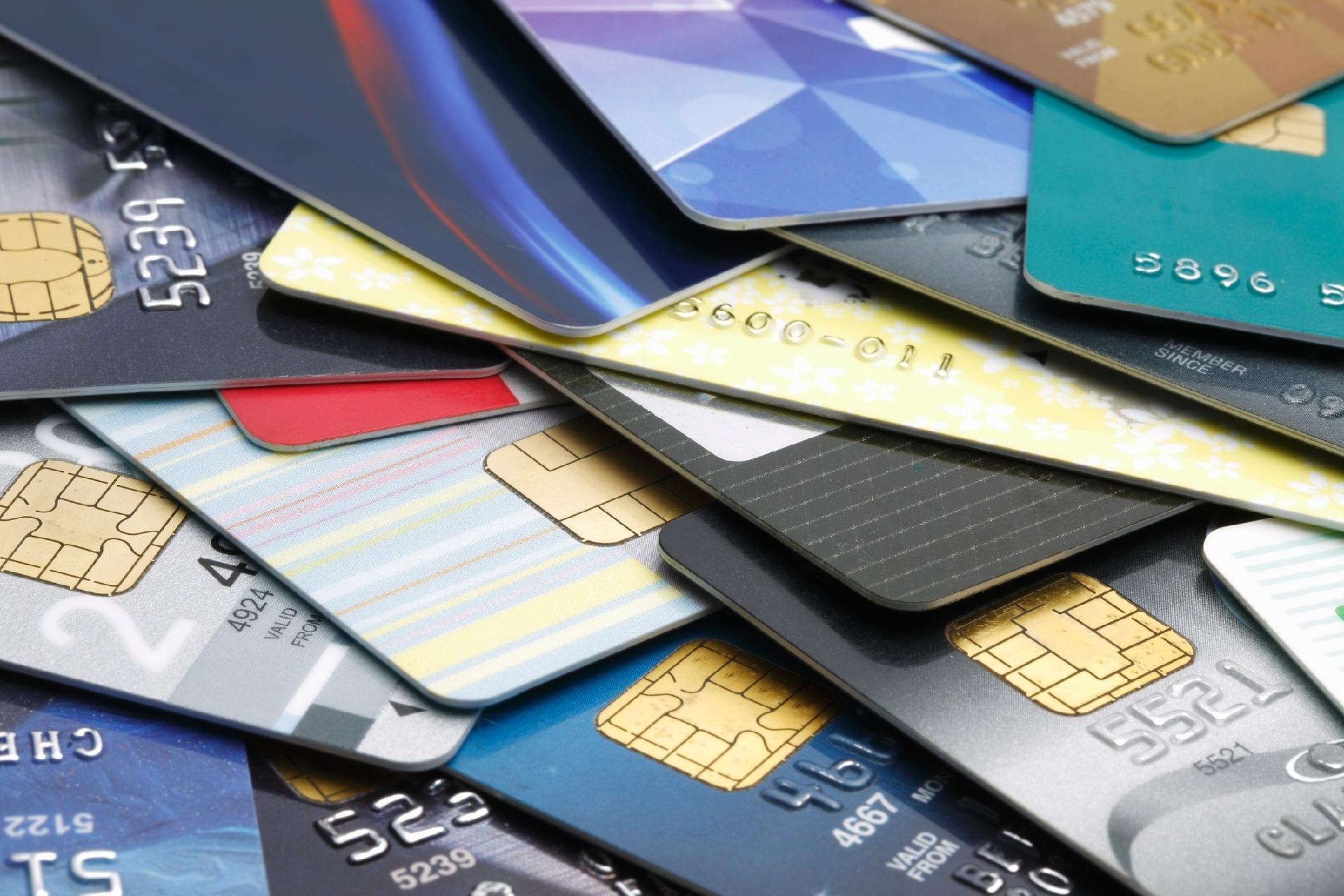Credit cards can be a powerful financial tool when used wisely, offering convenience, rewards, and the ability to build credit. However, they can also lead to significant debt if not managed properly. Avoiding credit card debt requires discipline, smart spending habits, and a clear understanding of how credit cards work. In this guide, we’ll explore effective strategies for preventing credit card debt, managing your spending, and maintaining financial health.

1. Understand How Credit Cards Work
Interest Rates and APR
Credit cards come with interest rates, known as the Annual Percentage Rate (APR), which is the cost of borrowing money on your card. If you carry a balance from month to month, you’ll be charged interest based on your card’s APR. Understanding your APR is crucial, as high-interest rates can quickly lead to mounting debt if balances are not paid off promptly.
Minimum Payments
Credit card issuers typically require a minimum payment each month, which is a small percentage of your total balance. While it may be tempting to pay only the minimum, doing so can result in substantial interest charges and prolong your debt repayment period. Always aim to pay more than the minimum to reduce your balance faster and minimize interest costs.
Grace Period
Most credit cards offer a grace period, which is the time between the end of your billing cycle and your payment due date. If you pay your balance in full by the due date, you won’t incur any interest charges. Understanding your card’s grace period can help you avoid unnecessary interest costs.
2. Create a Budget and Stick to It
Track Your Spending
One of the most effective ways to avoid credit card debt is to track your spending. Monitor where your money goes each month, including credit card purchases, to identify areas where you can cut back. This will help you stay within your budget and avoid overspending.
Set a Monthly Spending Limit
Set a specific monthly spending limit for your credit card that aligns with your overall budget. This limit should be based on what you can afford to pay off in full each month. Sticking to this limit will prevent you from accumulating a balance that you can’t pay off, reducing the risk of debt.
Use Credit Cards for Essentials Only
To keep your spending under control, use your credit cards only for essential purchases, such as groceries, utilities, and transportation. Avoid using credit cards for non-essential or impulse purchases, as these can quickly add up and lead to debt.
Prioritize Needs Over Wants
When using your credit card, prioritize needs over wants. Focus on paying for necessary expenses first, and avoid using credit to finance luxury items or lifestyle upgrades that aren’t within your budget. This discipline will help you stay within your means and avoid unnecessary debt.
3. Pay Your Balance in Full Each Month
Avoid Carrying a Balance
The most effective way to avoid credit card debt is to pay your balance in full each month. Carrying a balance from month to month results in interest charges, which can quickly accumulate and make it harder to pay off your debt. Paying in full ensures that you avoid interest charges and keep your credit card use under control.
Make Payments on Time
Late payments can result in fees and higher interest rates, increasing your debt burden. Set up reminders or automatic payments to ensure that you always pay your credit card bill on time. Timely payments also help maintain a good credit score, which is important for your overall financial health.
Pay More Than the Minimum
If you can’t pay your balance in full, aim to pay more than the minimum payment. Paying only the minimum can lead to prolonged debt repayment and higher interest costs. By paying more, you’ll reduce your balance faster and save money on interest.
4. Avoid Unnecessary Credit Card Use
Limit the Number of Credit Cards
Having multiple credit cards can make it easier to accumulate debt, as you may be tempted to spend more than you can afford. Limit the number of credit cards you use to one or two, and focus on managing them responsibly. This will help you keep track of your spending and avoid the temptation to overspend.
Avoid Cash Advances
Credit card cash advances often come with high fees and higher interest rates than regular purchases. Additionally, interest on cash advances usually starts accruing immediately, with no grace period. Avoid using your credit card for cash advances unless it’s an absolute emergency.
Use Debit Instead of Credit
For everyday purchases, consider using a debit card instead of a credit card. Debit cards draw directly from your bank account, ensuring that you only spend money you already have. This can help you avoid accumulating credit card debt and encourage responsible spending habits.
Freeze Your Credit Card
If you find it difficult to control your credit card spending, consider freezing your card—literally or figuratively. You can place your card in a physical freezer or use a digital service to temporarily lock your card. This will give you time to reconsider purchases and avoid impulse spending.
5. Monitor Your Credit Card Activity
Review Statements Regularly
Regularly review your credit card statements to monitor your spending and ensure there are no unauthorized charges. Checking your statements helps you stay on top of your finances and identify any areas where you may be overspending. It also allows you to quickly address any discrepancies or fraudulent activity.
Set Up Alerts
Many credit card issuers offer alerts that notify you when you’re approaching your credit limit, when a payment is due, or when a large purchase is made. Setting up these alerts can help you stay within your budget, avoid late payments, and detect potential fraud early.
Monitor Your Credit Score
Your credit score reflects your credit card use and overall creditworthiness. Regularly check your credit score to ensure it remains healthy. A high credit score can qualify you for better interest rates and credit card offers, while a low score can indicate financial trouble. Monitoring your score will help you stay informed about your financial health and make necessary adjustments.
6. Have a Plan for Unexpected Expenses
Build an Emergency Fund
An emergency fund is a savings account that covers unexpected expenses, such as medical bills or car repairs, without relying on credit cards. Aim to save three to six months’ worth of living expenses in your emergency fund. Having this cushion can prevent you from turning to credit cards in times of need, reducing the risk of debt.
Avoid Using Credit for Non-Essential Expenses
If an unexpected expense arises, avoid using your credit card for non-essential purchases until the expense is fully paid off. This will help you prioritize paying off the necessary expense and prevent additional debt from accumulating.
Consider a Personal Loan
If you need to cover a large, unexpected expense, consider taking out a personal loan instead of using a credit card. Personal loans often have lower interest rates and fixed repayment terms, making them a more manageable option for covering significant costs without accumulating high-interest credit card debt.
7. Seek Help if You’re Struggling
Contact Your Credit Card Issuer
If you’re struggling to make your credit card payments, contact your issuer to discuss your options. Many credit card companies offer hardship programs that can temporarily reduce your interest rate or payment amount. Being proactive can help you avoid late fees, higher interest rates, and negative marks on your credit report.
Consider Credit Counseling
Credit counseling services can help you create a budget, manage your debt, and develop a plan to pay off your credit cards. Look for a reputable, non-profit credit counseling agency that offers free or low-cost services. Credit counseling can provide you with the tools and support you need to regain control of your finances.
Explore Debt Consolidation
If you have multiple credit card debts, consolidating them into a single loan or balance transfer card with a lower interest rate can make repayment more manageable. Debt consolidation simplifies your payments and can reduce the overall interest you pay, helping you get out of debt faster.
Conclusion
Avoiding credit card debt requires a combination of smart financial habits, careful planning, and proactive management. By understanding how credit cards work, creating a budget, paying your balance in full, and monitoring your spending, you can enjoy the benefits of credit cards without falling into debt. Remember to prioritize your financial health, seek help if needed, and always use credit cards responsibly to maintain control over your finances and achieve your long-term financial goals.






